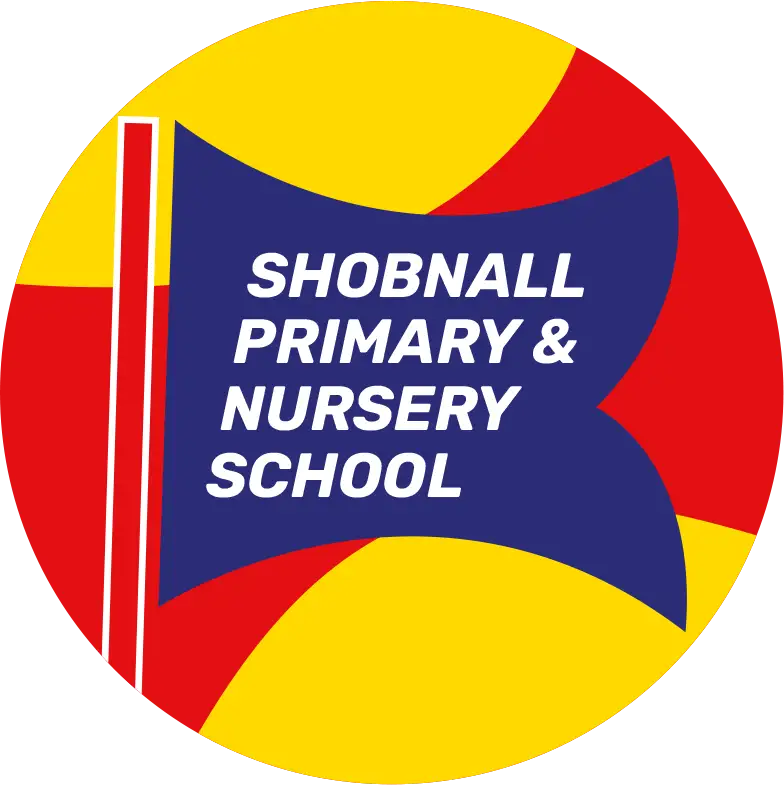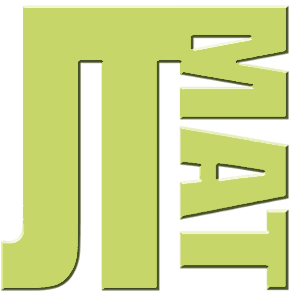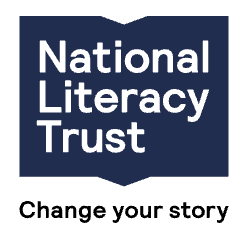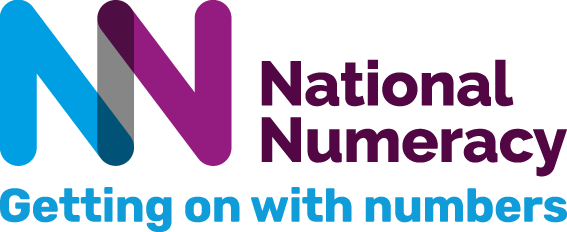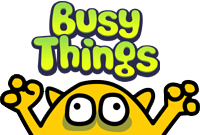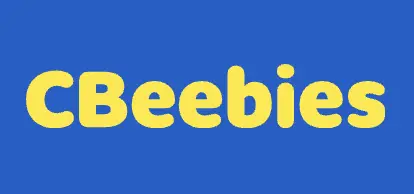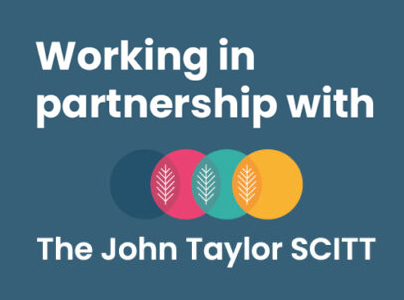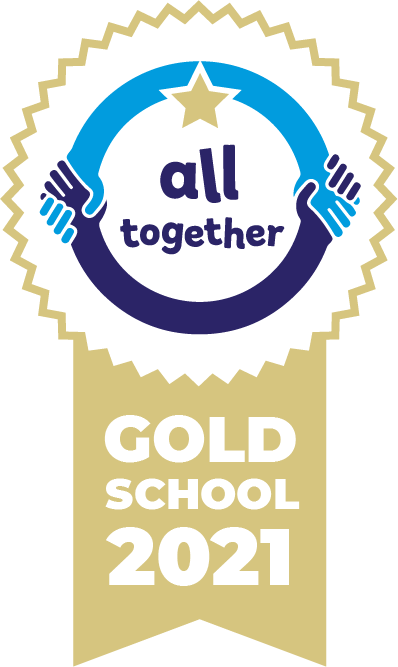EYFS
Subject Leader
Miss M. Alexander
Hello! My name is Miss Alexander and I am delighted to be the Early Years Foundation Stage Leader at Shobnall Primary & Nursery School.
Having taught now for many years, I have a very broad range of primary teaching experience. However, my true passion lies with working with our youngest children and sharing in their delights and explorations is such a rewarding and satisfying job.
I love the fact that no two days are the same; you can spend copious amounts of time studying a snail on the playground one day then re enacting Superhero stories the next!
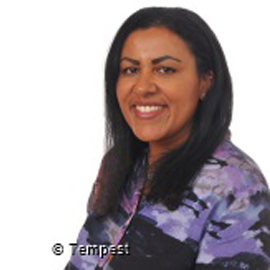
Vision
“When we succeed in giving every child the best start in their early years, we give them what they need today. We also set them up with every chance of success tomorrow.”
(Development Matters 2020)
PARTNERSHIPS
We believe Parent Partnerships are fundamental in supporting children and building a solid foundation for development. Through working together and sharing information, children see learning as more enjoyable when their home life is reflected in our setting. Children feel more secure and confident, which consequently enables them to benefit further from the educational opportunities given to them.
PROVISION
We ensure that our EYFS provision fully meets the educational programmes in the Statutory Framework for the Early Years Foundation Stage and is underpinned by the theory of child development. The indoor, outdoor, forest school and emotional environments are all of equal importance in supporting children’s learning, well-being and development. Children learn and develop best in caring, supportive environments which respond to pupils’ individual needs enabling them to focus on their play, building on past and present knowledge.
PERSONALISATION
Our pupils and families are all unique and enter our school having different life experiences. All pupils learn at their own pace and in their own individual ways. Through our observations and interactions with pupils and parents, we build up a picture of each child to ensure our planning and learning opportunities are fun, purposeful and reflect individual needs and interests.
At Shobnall Primary & Nursery School we greatly value the importance of the Early Years Foundation Stage (EYFS) in providing a secure foundation for future learning and development.
Our curriculum is designed to recognise children’s prior learning from previous settings, and experiences at home before providing first hand learning experiences. Every child is recognised as a unique individual and we celebrate and welcome differences within our school community. The ability to learn is underpinned by the teaching of basic skills, knowledge, concepts and values. Children are encouraged to be independent in their learning, with adults facilitating as required. At Shobnall we track the learning and development of all children and adapt teaching strategies where necessary to ensure all children make progress. Early intervention is offered swiftly, to enable children to get additional, specialist help when required.
We provide enhancement opportunities to engage children in their learning and believe that their first experiences of school should be happy and positive, enabling children to develop a lifelong love of learning.
Aims and Goals
We aim to support all children to become independent and collaborative learners. We will provide a broad and balanced curriculum that will enable each child to develop personally, socially, emotionally, spiritually, physically, creatively and intellectually to their full potential.
At Shobnall Primary & Nursery School, we aim to:
- Provide a happy, safe, stimulating and challenging programme of learning and development for the children to experience as they begin their journey through school.
- Provide a broad, balanced, relevant and creative curriculum that will set in place firm foundations for further learning and development in Key Stage 1 and beyond and enable choice and decision-making, fostering independence and self-confidence.
- Use and value what each child can do, assessing their individual needs and helping each child to progress.
- Develop excellent relationships with parents and carers to build a strong partnership in supporting their children.
- Provide a caring and inclusive learning environment, which is sensitive to the requirements of the individual child including those who have additional needs.
The Early Years education we offer our children is based on the following principles:
- It builds on what our children already know and can do;
- It ensures that no child is excluded or disadvantaged;
- It offers a structure for learning that has a range of starting points, content that matches the needs of young children, and activities that provide opportunities for learning both indoors and outdoors;
- It provides a rich and stimulating environment;
- It acknowledges the importance of a full working partnership with parents and carers.
The EYFS Framework
There are seven areas of learning and development that help to shape educational provision in Early Years settings. All areas of learning and development are important and inter-connected. None of the areas of learning can be delivered in isolation from the others. Our children’s learning experiences enable them to develop competency and skills not just academically but also socially, emotionally and physically.
The three prime areas which are particularly crucial for igniting children’s curiosity and enthusiasm for learning, and for building their capacity to learn, and form relationships are:
- Personal, Social and Emotional Development
- Communication and Language
- Physical Development
Staff will also support children in four specific areas, through which the three prime areas are strengthened and applied:
- Literacy
- Mathematics
- Understanding the World
- Expressive Arts and Design
All of those areas of learning are connected together. The characteristics of effective teaching and learning weave through them all. That’s because children in the early years are becoming more powerful learners and thinkers. These characteristics develop as they learn to do new things, acquire new skills, develop socially and emotionally, and become better communicators.
At Shobnall Primary & Nursery School, we plan learning experiences considering both the children’s individual needs and achievements as well as a range of learning experiences that will assist them to make progress. Well-planned play is a key way in which children learn with enjoyment and challenge during the Foundation Stage. Children deepen their understanding by playing, talking, observing, planning, questioning, experimenting, testing, repeating, reflecting and responding to adults and to each other.
Our learning environment is made up of areas which reflect all areas of the curriculum. Here children can make their own choices, encouraging them to play and explore. They can be active learners and are able to create and think critically. We operate indoor/outdoor learning experiences for our young children, as well as Forest School provision. Links are made between all learning environments, to ensure that all children receive a rich and varied curriculum that supports their learning and development.
Assessment for Learning
We begin our assessment process through getting to know each child, using close observation in structured and incidental ways. Observation and responding to children’s thinking inform our planning of experiences and opportunities, how we create our environment for thinking, the strategies the adults use to extend learning (modelling, scaffolding, questioning, discussion, shared sustained thinking) and how we capitalise knowledge of children’s interests to ensure high levels of engagement.
All adults record ‘Wow!’ moments – when a child does or says something that demonstrates progress or skill in a particular area. Further evidence of learning includes observations, work samples, photographs and contributions from parents which are stored on Evidence Me, our online learning journal.
In the final term of the Reception year, children will be assessed against the 17 Early Learning Goals to ascertain if they have reached the expected levels of development, or if they have not yet reached the expected levels. This EYFS Profile will be shared with both parents and the Year 1 teacher with a dialogue as to children’s readiness for Year 1.
Special Educational Needs
At Shobnall Primary & Nursery School our staff will always modify teaching and learning appropriately for children with SEND and/or disabilities. We value and recognise each child as a unique individual and work closely and in partnership with parents and any other involved agencies to meet the needs of our children through an inclusive provision for all.
Children with identified Special Education Needs and/or disabilities at Graduated Response 2 or 3 will have an Individual Support Plan (ISP), developed with the support of parents and any involved agencies. Much of the ISP will be included on the Provision Map, which enables us to engage with a range of children’s needs through regular, planned provision which is additional to the core curriculum.
Children at Graduated Response 1 will benefit from additional levels of differentiation and in-class support.
Mrs Farrington, our SENDCO monitors the progress of all children with SEND to ensure that they are benefitting from an appropriate curriculum which enables them to feel safe and secure, and to learn effectively. Where children with SEND are making poor progress, further assessment is undertaken or support sought.
Documents and Useful Links
Please see below a selection of documents that relate to the intent, implementation and impact of our Early Years at Shobnall Primary & Nursery School. If you require any additional information relating to the Early Years, then please contact Miss Alexander, via the school office. Click on the links below for useful resources too!
